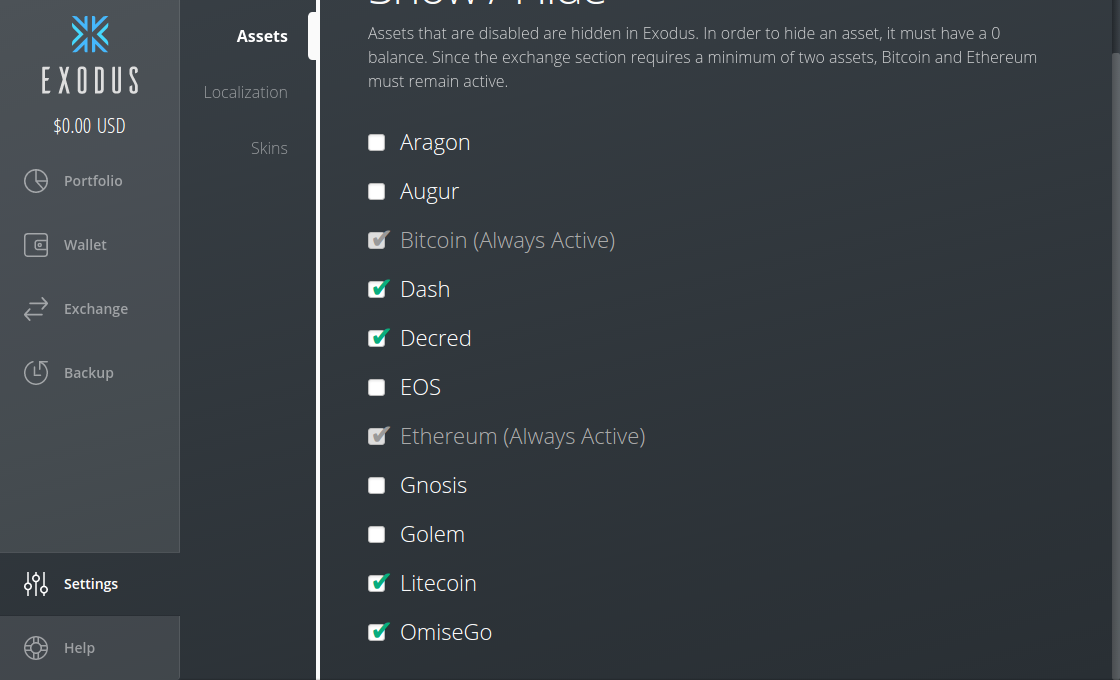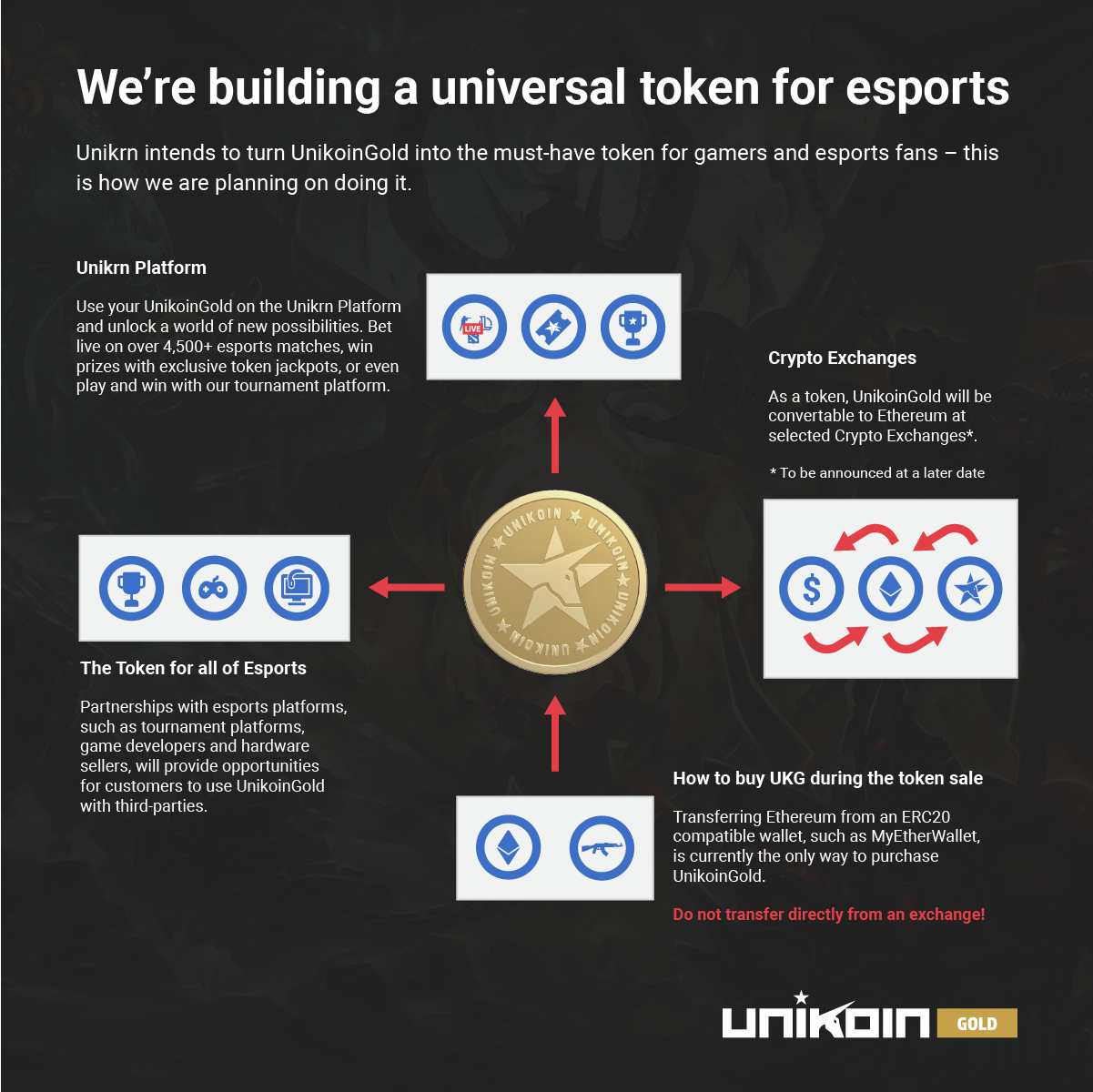Digital wallet and online payment provider Neteller is a slick, practical and popular payment solution for online purchases. Anyone who loves the instant gratification associated with Neteller-powered shopping, gaming, travelling and entertainment will be delighted to learn the innovative company has leapt into the future by enabling cryptocurrency trading.

That’s all old news. Tech is constantly evolving. What was hot yesterday is passé today and that applies to the first iteration of the crypto and Neteller marriage. Why? Well, until very recently, gambling, shopping and booking hotel rooms, cars and flight reservations in Bitcoin meant setting up a BTC account and connecting it with a Neteller account. Funds then had to be transferred from one account to the other, a process that may be seriously super-quick but one that still nibbles away into one of the most precious commodities we are loathe to waste – time.
Neteller Predicts Big Things for Crypto in the Marketplace
Now, all that’s changed. The talking heads at Neteller have recognised the potential of crypto in the marketplace and have integrated a crypto to multi-currency conversion platform into the mix. All Neteller clients have to do is log into their account, select crypto as an option and convert legal tenders, like Australian, Candian and US dollars, Euros, British pounds, Japanese yen, Brazilian reals, and Swiss francs into a selection of cryptocurrencies – all within the Neteller app!
What that means is you can instantly convert one of 28 fiat currencies – that’s tech speak for paper money – into Bitcoin, Bitcoin Cash, Ethereum, Ethereum Classic and Litecoin without having to do it through a recognised exchange. How cool is that! The transaction is still conducted via a cryptocurrency exchange but by Neteller instead of the individual, which, of course, means time and money savings!
I can hear a few of you saying, what’s the point? The Bitcoin bubble has burst, governments and legislators are wary of crypto and, for all intents and purposes, the future of virtual currencies looks bleak. If that’s the full story, why is a payment giant like Neteller throwing its formidable weight behind crypto?
Post-Bitcoin Bubble: What’s the Future of Crypto?
According to crypto pundits, the adoption of virtual cash is going to start with a vengeance in 2019 and beyond. Instead of acting like ‘oh wow’ investment vehicles that create billionaires at the drop of a hat, crypto is going to do what it was designed to do – become the centre pin of high-quality payment focused projects.
Speculative tokens that were effectively behind the big black bear market – or should we say grizzly bear market – are no longer going to be the focus of the industry. Instead, time, money and resources are going to be funnelled into projects with real use cases. In short, crypto is going serious, and by going serious, the blockchain-based space is going to enjoy the widespread appeal of a public that has not only doubted the efficacy of crypto but has been badly burnt by overhyped and overvalued IPOs and investments.
If crypto payments are to enjoy the kind of universal adoption they need, key challenges have to be addressed. Ideally, users want to be able to make crypto to crypto payments and exchanges without losing tons of time and money due to wildly fluctuating exchange rates, hefty tax liabilities, logging in, entering data and waiting for transaction confirmations.
All Hail The Lightning Network
Fortunately, the best blockchain brains are hard at work coming up with viable solutions. Hurdles, like exchanging different cryptocurrencies when making payments and transferring different tokens across different blockchains, is already being addressed by the likes of Bitcoin’s Lightning Network.
What is Lightning Network? According to the official website, it’s a “decentralised network using smart contract functionality in the blockchain to drive instant payments across a network of participants”. Along with lightning-fast transactions at a pace and scale of literally millions of transactions per second, bitcoin’s game-changing payment network is integrated into downloadable wallets and is easy to use. Transactions are virtually free and the network supports micropayments that’ll allow users to pay for small-bit items and services like news per article, videos per second and work per minute.
Bitcoin Transactions – Faster, Smaller and More Decentralised
In addition to micro-payment support, the network creates smaller bitcoin blocks which in turn allow more users to self-authenticate transactions, run a full node, enforce BTC rules and maintain a decentralised network. With these sorts of exciting innovations in-play, crypto payments are slick, streamlined and quick; elements that even the most dated users will find hugely advantageous.
This is only the beginning of creating a more authentic crypto-payment project that can be adopted on a massive institutional scale, And when that happens, Neteller will be well positioned to lap up the proceeds in terms of fees, notwithstanding how infinitesimal they’ll be for the end user.
This article has been published in accordance with LinuxBSDos.com’s disclosure policy.







